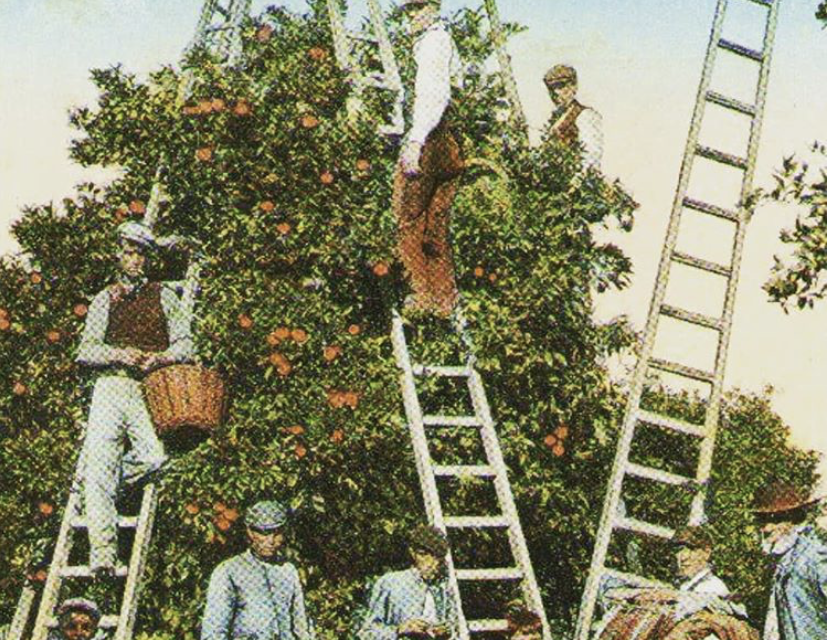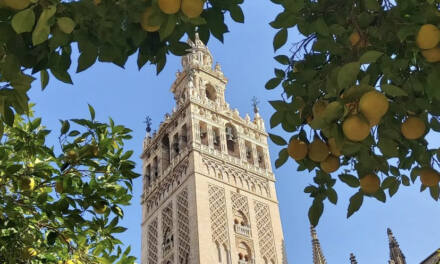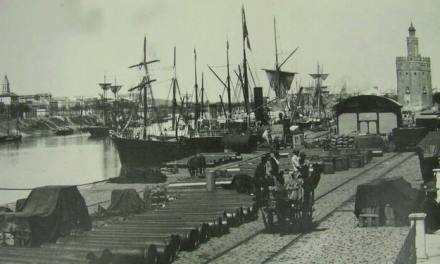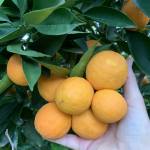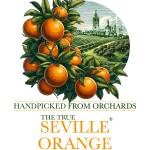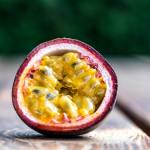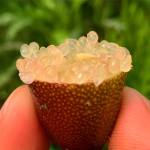Certain forms of jam have been known since ancient times. In short, it is a discovery that combines fruit cooked in sugar to preserve it for a long time. In addition to the flavour, proper preservation preserves the original smell of the fruit, which makes jam a way of eating fruit even when it is not in season.
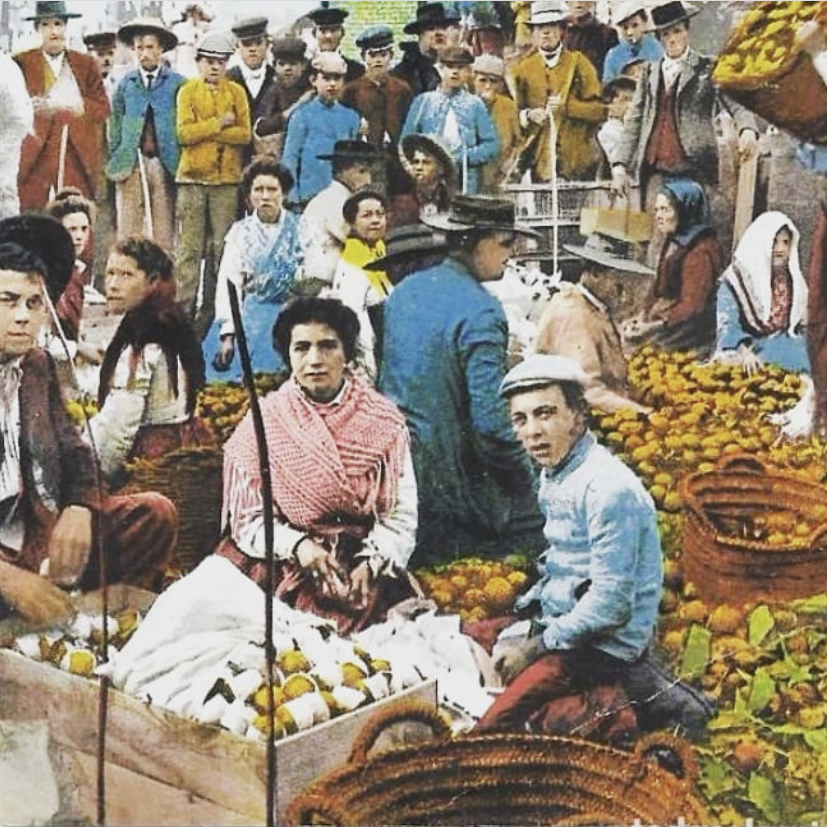
It was the Scots of the MacAndrews Shipping Company who were the oldest exporters of Bitter Oranges to the North of England, where, taking advantage of the transport of iron ore from the mines of Río Tinto (Huelva, Spain) and other minerals from the mining area, returning ships loaded with coal, the first Bitter Oranges from Seville were transported on those goods. It is there where the first marmalades were produced, which have always been a product that, apart from its wide diffusion, was for the working or less wealthy classes, until it became one of the indispensable foodstuffs of the traditional English breakfast.
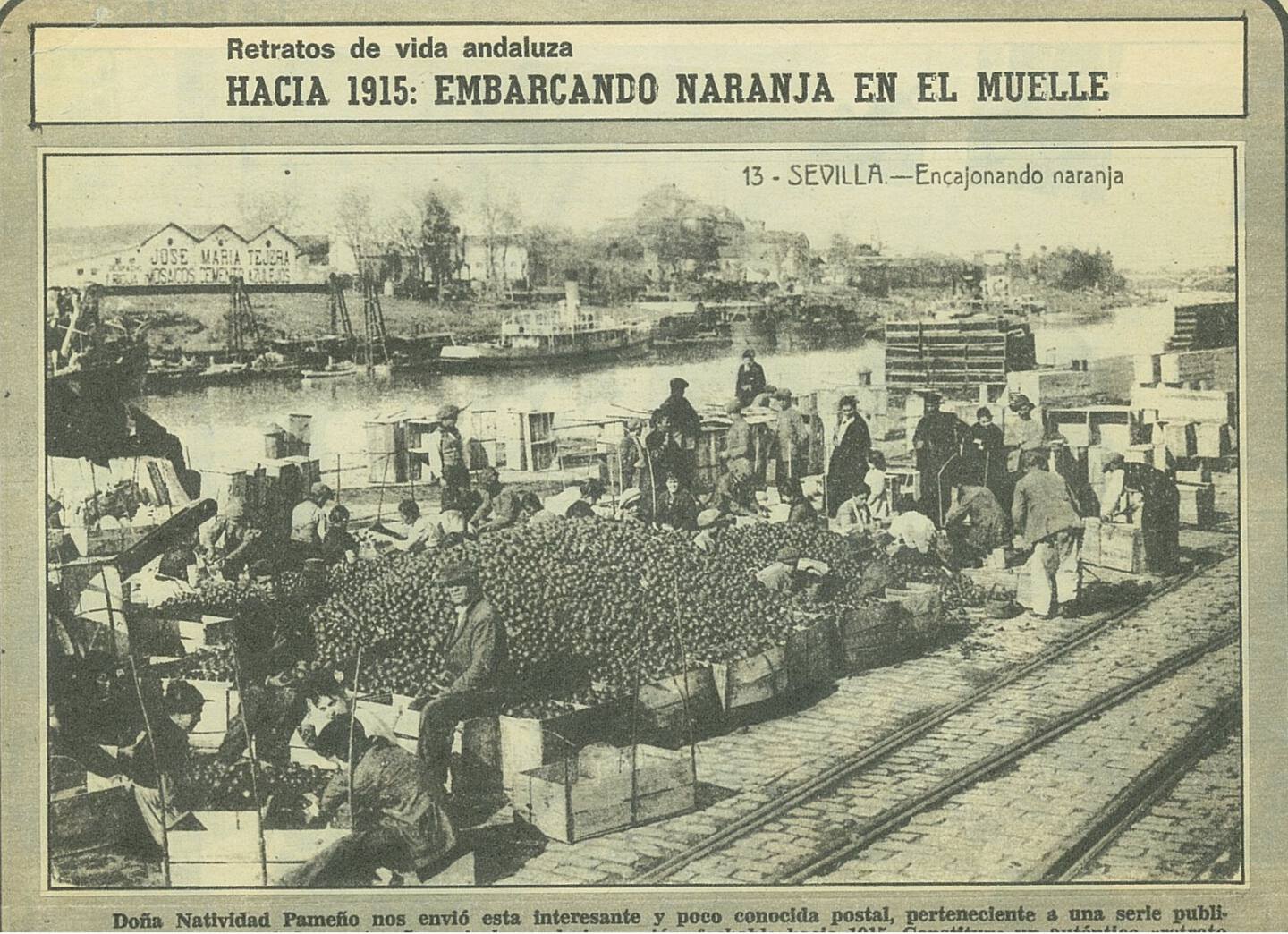
It is worth noting that the years of economic crisis in the United Kingdom were the most favourable for the export of oranges, so it follows that it has always been a popular product. Those were times when to say Seville in England and Scotland was to speak of Bitter Orange. Winston Churchill went so far as to allow the transport of Seville oranges during the blockade in the Second World War, considering them necessary for the morale of the English people devastated by the war. Hence the phrase: “Sunshine in a jar”.

